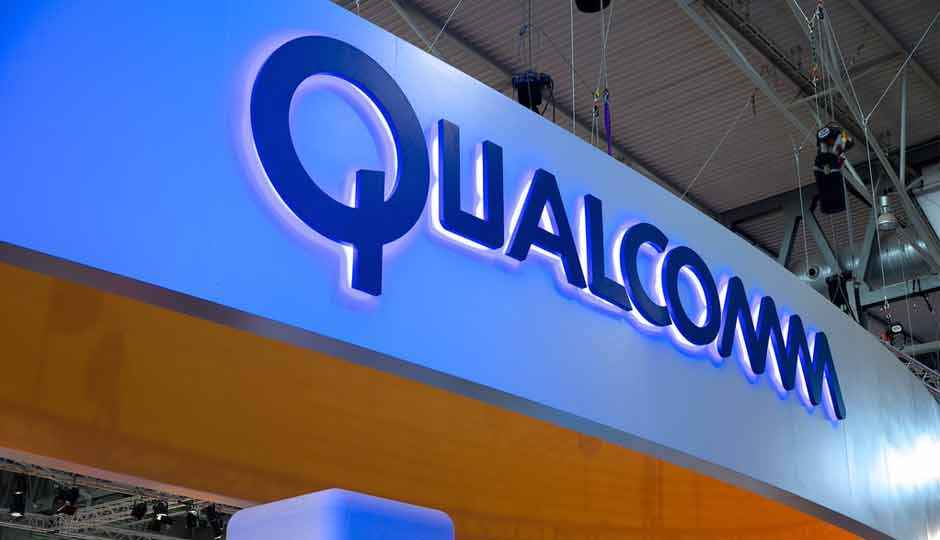Qualcomm fined $854 million by antitrust regulators in South Korea
Qualcomm has been found abusing its market position in South Korea and forcing handset makers to pay royalties.

Qualcomm, the smartphone chipmaker, has been fined 1.03 trillion won (approximately $854 million) by South Korea's antitrust regulator for unfair business practices. The charges have been levied based on unfair practices in patent licensing, and modem chip sales. The fine levied on Qualcomm is the largest ever in South Korea.
 Survey
SurveyOn Wednesday, the Korea Fair Trade Commission (KFTC) found Qualcomm abusing its market position and forcing handset makers to pay royalties for a broader set of patents. The regulator also found Qualcomm restricting its competition by limiting, or refusing to license its patents related to modem chips, to rivals. Qualcomm's shares declined by over 2 percent in trading, on the back of this setback.
"The regulator ordered Qualcomm to negotiate in good faith with rival chipmakers on patent licensing and renegotiate chip supply agreements with handset makers if requested," reports Reuters. The fine comes after the South Korean antitrust regulator started looking into Qualcomm's business practices in 2014. "Foreign companies including Apple, Intel, MediaTek and Huawei expressed their views during the regulator's deliberation process, KFTC Secretary General Shin Young-son told a media briefing in the country's administrative capital."
In February 2015, Qualcomm faced similar antitrust rulings in China, which forced the company to pay $979 million in fine. Qualcomm has also been criticised by the European Union for abusing its market dominance.
The company recently announced its $38 billion purchase of NXP Semiconductors, a move seen by the industry as a way to bring down its reliance on smartphone chip supply. With NXP, Qualcomm can now target growing segments like automotive chips.
While Qualcomm plans to challenge this decision in Seoul High Court, it will take years to arrive at a decision. The KFTC ruling, meanwhile, could also set precedent for other regulators to start their own investigations, which can become a huge setback for the company.